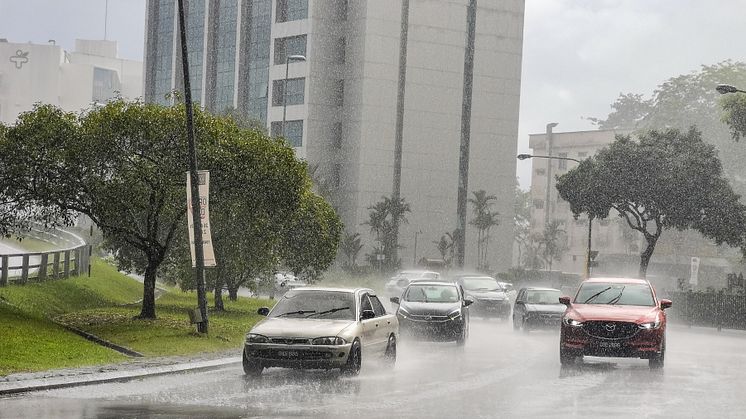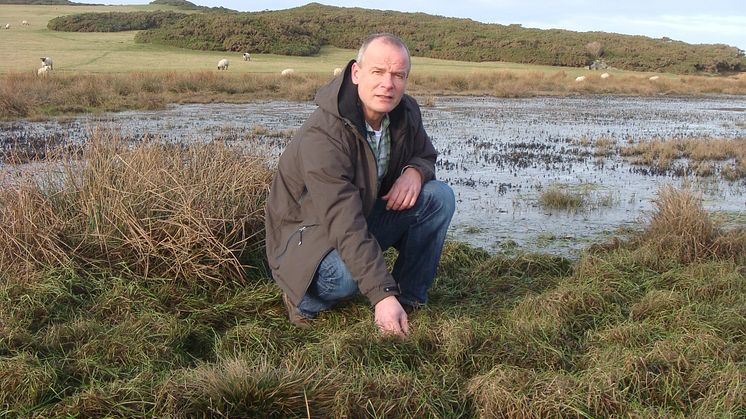
Press release -
Volcanos have an influence on global climate change according to Northumbria expert
Dr Vasile Ersek, from Northumbria University’s Department of Geography, was part of a 75-strong international team of researchers who found that volcanic eruptions were more than likely responsible for cooling the surface layer of the Earth’s oceans.
The report, which is published in the leading research journal Nature Geoscience, reveals how mechanisms that have forced sea temperatures to change in the past, could also open a window into future reasons for climate change.
The scientists combined almost 60 reconstructions of marine surface temperatures over the last 2,000 years from across all of the world’s oceans, including near-polar to tropical regions. Data was compiled within 200-year brackets to observe long-term trends and the findings were compared to land-based reconstructions, which revealed similar cooling trends.
After examining how sea surface temperatures were affected by ‘forcing’ factors, such as changes in the Earth’s orbit, land use, volcanic activity and greenhouse gases, they found that volcanic eruptions were the most likely explanation for the observed cooling trend, before man-made global warming led to an increase in ocean temperatures in the 1800s.
Dr Ersek, who co-wrote the paper, said: “The study is a global synthesis of all of the available reconstructions of sea surface temperatures for the past 2,000 years. The cooling trend we uncovered was robust and global in nature.
“The results are important because they provide, for the first time, a global picture of variability in ocean temperature. This is a significant step forward in our understanding of the Earth’s climate because the oceans absorb large amounts of heat and therefore have a major influence on climate.
“Oceans are crucial in moderating the effects of global warming and determining what factors influence them, how, and on what time scale is essential information which can be used as input into climate models to provide improved predictions of future global climate change.”
Lead author Dr Helen McGregor, from Australia’s University of Wollongong, said: “It’s very important to understand how the ocean has mediated natural forced variations because compared with the atmosphere, the oceans can absorb an incredible amount of heat. With this research, we now have new insight into the century-scale global sea surface temperature variations that came before man-made greenhouse gas forcing. ”
Northumbria University offers a range of courses in Geography including undergraduate courses in Physical Geography BSc (Hons). For more information visit
https://www.northumbria.ac.uk/about-us/academic-departments/geography/
Topics
Categories
Northumbria is a research-rich, business-focussed, professional university with a global reputation for academic excellence. To find out more about our courses go towww.northumbria.ac.uk
If you have a media enquiry please contact our Media and Communications team at media.communications@northumbria.ac.uk or call 0191 227 4571.












